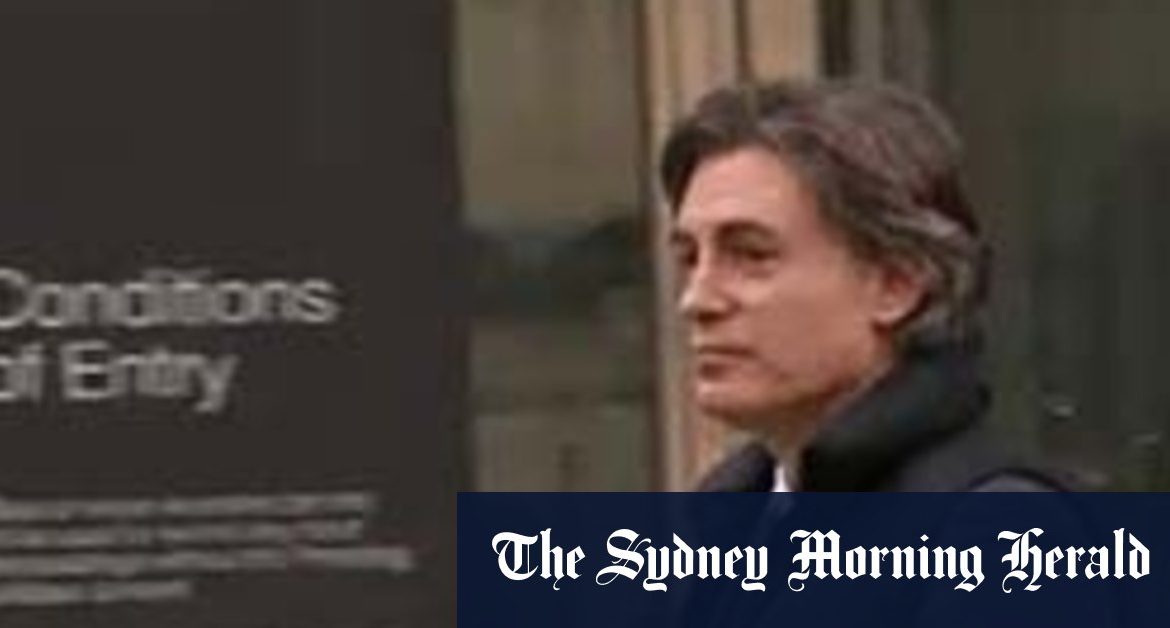In response, Victoria Police said it acknowledged the court’s ruling and would not attempt to further appeal either matter in relation to Mr Acquaro to the High Court.
Loading
The force has also since released a brief summary of its interactions with Mr Acquaro — whom it refers to only as “Lawyer A” — in the wake of the decisions.
“To be clear, Lawyer A was never approved as a human source. While he was assessed as a potential informer in 2008 and 2014, on both occasions he was deemed unsuitable for registration,” a spokeswoman said.
“As these matters are currently before the courts, Victoria Police is unable to comment further.”
Speculation has been rife about Mr Acquaro’s relationship with police since the solicitor was shot dead outside his Brunswick East gelato shop in 2016 and following the exposure of Nicola Gobbo’s double life as a barrister-turned-informer.
The history of Mr Acquaro’s interactions with police was considered key to the appeals of Madafferi and Zirilli.
Loading
The convictions of more than 30 other criminals – most stemming from the world’s largest ecstasy bust, known as the “tomato tins” case – could also have been put in play if evidence emerged that Mr Acquaro had ever co-operated with law enforcement against the interests of his clients.
When lawyers running appeals against convictions for Madafferi and Zirilli sought any records relating to Mr Acquaro, Victoria Police opposed the move citing a “public interest immunity” claim.
Public interest immunity claims are designed to prevent the release of information that could prejudice a police investigation, reveal law enforcement methodologies or expose the identity of informers and undercover operatives.
In denying Victoria Police’s applications on Tuesday, the Court of Appeal said: “The judgment of the court is that, to the extent that the Chief Commissioner of Victoria Police makes application for an order that the existence or non-existence of information pertaining to whether or not Joseph Acquaro was or was not a police informer is subject to public interest immunity, that application is refused.”
The Court of Appeal is slated to release the reasons for its judgment against the police at a later date.
Victoria Police traditionally maintains a policy of never confirming or denying whether a person has co-operated with law enforcement or worked as a registered informant. The force had previously refused to hand over any information in its records about Mr Acquaro or details of any potential contact he may have had with police.
It was the same move Victoria Police tried to use to keep the identity of Ms Gobbo a secret, a battle it lost in the Supreme Court, Court of Appeal and High Court from 2016 to 2018.
“The maintenance of the integrity of the criminal justice system demands that the information be disclosed and that the propriety of each convicted person’s conviction be re-examined in light of the information,” a full bench of the High Court ruled in 2018.
“The public interest in preserving [Ms Gobbo’s] anonymity must be subordinated to the integrity of the criminal justice system.”
Start your day informed
Our Morning Edition newsletter is a curated guide to the most important and interesting stories, analysis and insights. Sign up here.
Chris Vedelago is an investigations reporter for The Age with a special interest in crime and justice.
Most Viewed in National
Loading







